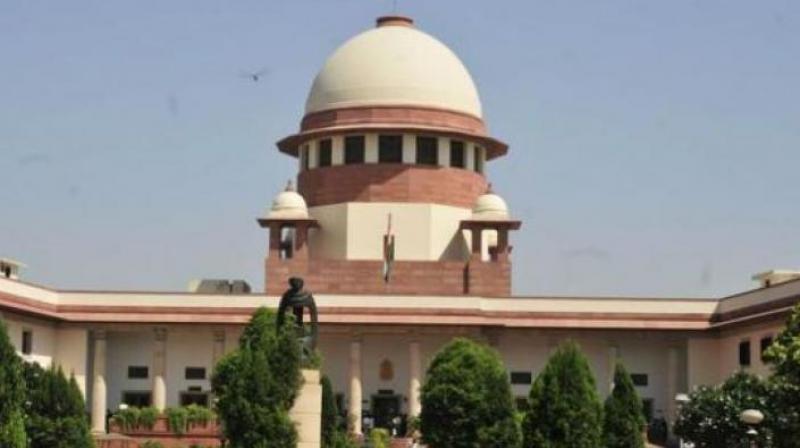Mass surveillance not for democracies

It is not without reason that the Supreme Court is warning the government against a proposed package of mass surveillance of its citizens. The very idea of blanket surveillance over social media platforms, emails and phone calls is anathema to modern democracy. And yet the government is planning this in great detail, having already invited proposals for software, which would help in saturation monitoring of platforms like WhatsApp, Twitter and Instagram, besides keeping a watch on email content. The rationale for this is said to be to draw feedback for government schemes and to spread a feeling of nationalism among all citizens. The setting up of a social media communication hub (SMCH) is supposed to enable this. But it is clear that blatant abuse of privacy is being attempted through a surveillance programme that would put to shame even the imagery of a dystopian society envisaged by George Orwell in his brilliant book 1984.
What monitoring of all the people would mean is nothing but a form of totalitarianism in which the government, its netas and babus reign supreme. A government may have a number of functions including protecting national security towards which it may undertake surveillance. But the urge to keep a tab on all people through an evil mechanism to study all communication platforms that everyone commonly uses betrays the Big Brother mentality. No one denies India the right to pull up people misusing the social media to spread rumours instilling the urge to deadly lynchings. The government can act to curb such trends by studying the pattern of messages on social media. It is in attempting to install wholesale surveillance that a descent into undemocratic methodology begins. The greater fear, however, is that such surveillance already exists and is reflected in various arrests made in even the smaller towns.
Section 66A of a draconian IT Act, generally used for such action, was struck down by the courts but the establishment finds various other statutes to arrest those who demean top netas with morphed images. The most important argument against mass surveillance is the right to privacy is being breached. There may be painful aspects brought about by modern communication and news sharing platforms. Finding solutions to curb the excesses may not be easy. However, this should not lead to a totalitarian state trying to control all its citizens with blatantly invasive methods like eavesdropping and opening emails bypassing civil liberties and the right to privacy.

